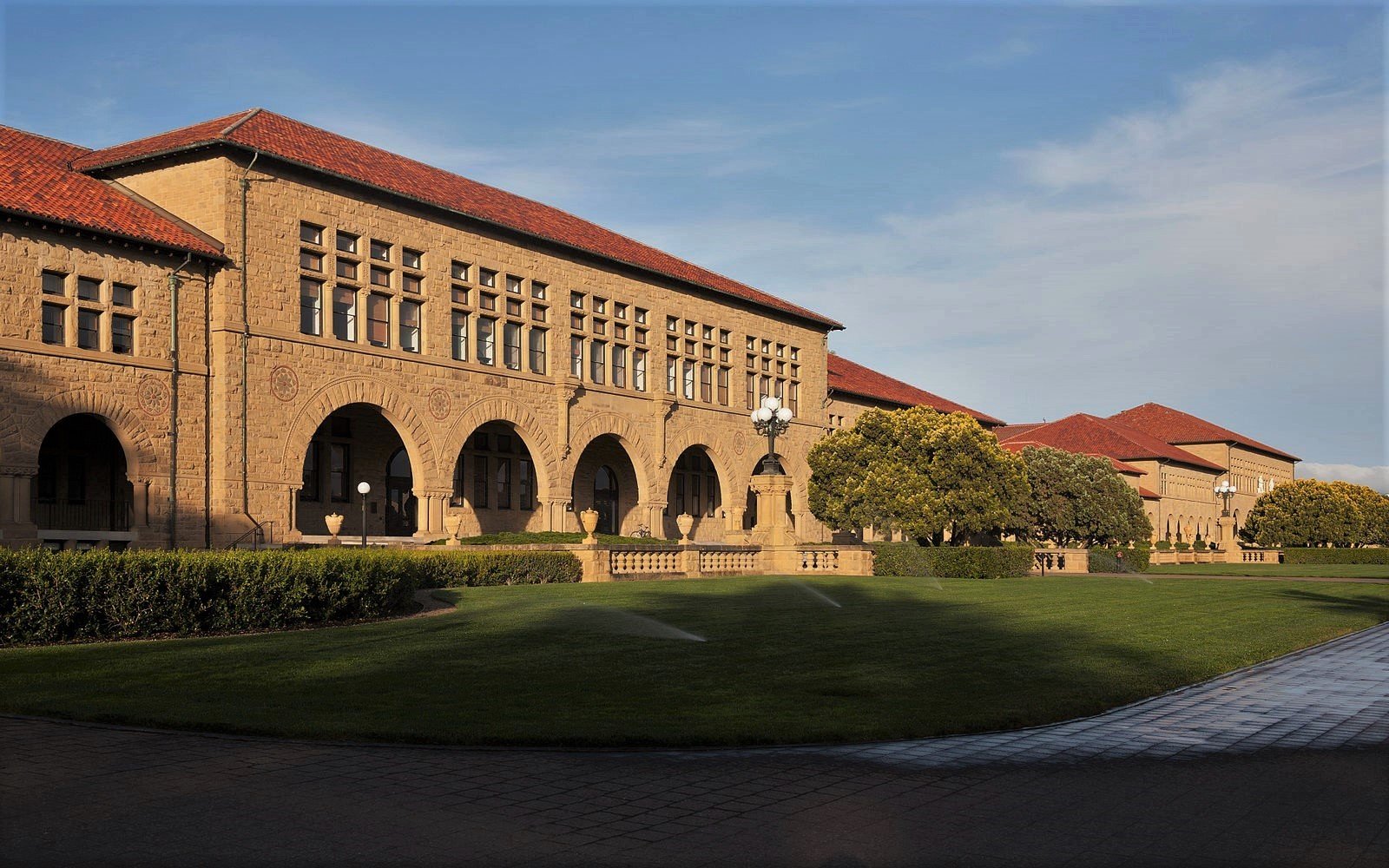A coalition of Stanford student activism organizations published an op-ed in The Daily on Aug. 21 outlining a series of demands and inviting the University administration and the Stanford community to a ‘Reverse Town Hall’ on Sept. 10 at 1:30 p.m. PDT to further discuss these demands.
Most town halls include “just the higher-level admin or spokespeople holding the mic most of the time, and not the community,” said Tania Flores, a member of the Stanford Solidarity Network (SSN) and a second-year Iberian and Latin American cultures Ph.D. student, in an interview with The Daily.
The Reverse Town Hall will consist of brief presentations by coalition member organizations, followed by an opportunity for organizations to directly ask University administration about the status of their demands, according to Flores. The event will end with an open Q&A session.
The coalition consists of five organizations: Abolish Stanford, the Black Graduate Student Association (BGSA), Sexual Violence Free Stanford (SVFS), the Stanford Basic Needs Coalition and SSN. The demands address a combination of issues these organizations have been working on, many of which have been mentioned in op-eds and petitions in the past but remain unaddressed.
“The university remains actively engaged with Stanford student groups on the important issues facing the members of our community and developing ways to support them during this time of extraordinary challenges,” wrote University spokesperson E.J. Miranda in a statement to the Daily. “We realize that, as an institution, Stanford must continue to evolve to become a more inclusive and equitable campus community and we are committed to that goal.”
The op-ed first demands that Stanford departmentalize the African and African American Studies (AAAS) program. The issue was raised earlier this year through a petition signed by over 5,000 members of the Stanford community. University President Marc Tessier-Lavigne stated in an open letter the University’s intent to consider whether the AAAS program would benefit from departmentalization.
“In its announcement […] the university briefly and vaguely discussed a study that would be conducted on the need for African and African American studies departmentalization,” wrote Kimya Loder, a Ph.D. candidate in sociology and member of the BGSA, in an email to The Daily.
She added this response did not take into account student requests or feedback and “did not outline any tangible objective or goal with a clear timeline for execution.”
The op-ed demands that Stanford lay out a clear path to departmentalization within the next five years.
The second demand calls for the University to defund and disarm campus police, calling on the University “to go beyond the one-year deferral of Stanford University Department of Public Safety (SUDPS) contract negotiations.” This demand has been mentioned before via a Daily op-ed and on-campus protests. President Tessier-Lavigne announced in a June 10 email update the creation of a Community Board on Public Safety responsible for “building relationships and fostering communication and trust between Stanford’s Department of Public Safety and the broader campus community.” Abolish Stanford has previously referred to this email as “totally insufficient.”
Speaking on behalf of Stanford University Department of Public Safety (SUDPS), Miranda previously wrote, “members of the Department of Public Safety undergo training in the use of force, and techniques of de-escalation. The Community Board on Public Safety also will be an important venue for continued discussion of police practices, policies and procedures.”
The op-ed’s third demand requires a more comprehensive COVID-19 response from the University, particularly on the issues of housing and funding for graduate students and the provision of comprehensive mental health resources. It celebrates the recent guarantee of five years of 12-month funding provided by the University and demands that the University further support graduate students by establishing rent at federally recognized minimum levels. It also demands that the University address power abuse issues between students and principal investigators through the creation of formal reporting channels.
On the subject of mental health resources, Miranda previously wrote in an email to The Daily that Counseling and Psychological Services (CAPS), the Confidential Support Team (CST) and Weiland will continue offering services to students living on campus and in California, and that CST is able to offer initial consultation via phone or Zoom regardless of location.
On the subject of funding, Miranda previously wrote that the University has opened a number of financial assistance options such as a minimum of $2,000 for off-campus living expenses for students on financial aid, including food costs, paying travel stipends and covering technological costs for students living off campus.
The fourth demand calls for increased support for international and undocumented students, calling the University’s response to recent issues like restrictions imposed upon the Deferred Action for Childhood Arrivals (DACA) program and a U.S. Immigration and Customs Enforcement (ICE) rule “woefully inadequate.” It demands better communication with students, increased legal support and that emergency grants be extended to Stanford’s noncitizen community members.
Miranda previously wrote that the University will continue to push the White House and Congress to “provide a legislative solution addressing the needs of DREAMers and DACA recipients” and will stand in firm support of Stanford’s undocumented community.
Finally, the coalition calls for more resources and emergency funding to be made available to students struggling to meet basic needs during the COVID-19 pandemic.
“In particular, we ask that they are ready to quickly distribute funds for transportation and short-term housing if a sudden campus evacuation needs to happen, as it did for undergraduates in March,” wrote Caleb Zerger, a first-year Ph.D. student and member of the Basic Needs Coalition, in an email to The Daily.
Miranda previously told The Daily that Stanford remains committed to providing the financial aid that has been promised to students, adding that Stanford trustees approved a 3% increase in payout from endowment funds to support student financial aid.
Contact Smiti Mittal at smiti06 ‘at’ stanford.edu.
